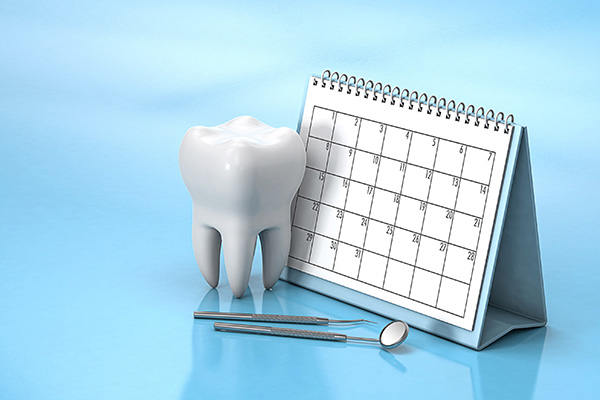For patients who have been suffering from a damaged or infected tooth, finally getting the tooth extracted can feel like a relief. However, bleeding after a can be worrisome and inconvenient. Before a patient undergoes a tooth extraction, it can be helpful to know what to expect in terms of bleeding.
When bleeding typically stops after extraction
After a tooth is extracted, a dentist or oral surgeon gives the patient gauze to gently bite down on. The gauze helps to absorb blood, and the pressure encourages a blood clot to form. Usually, the patient can take out the gauze three to four hours after the tooth extraction. By this point, a clot should have formed, stopping almost all bleeding.
Some patients become concerned after seeing what looks like a large amount of blood immediately after the extraction. However, blood mixed with saliva often makes it look like the extraction site is bleeding much more than it actually is.
In some cases, residual bleeding may continue up to 24 hours after the extraction. Seeing a small amount of blood periodically appear is normal. If excessive bleeding continues, a patient should reach out to the dentist as soon as possible.
Tips to prevent bleeding from reoccurring
Once a blood clot has formed at the site of a tooth extraction, bleeding stops and the mouth can begin to heal. However, if the blood clot becomes dislodged, it may lead to both excessive bleeding and a painful condition called dry socket. In the days following a tooth extraction, patients should take several precautions.
Avoid drinking through straws
The suction caused by drinking through a straw can often be enough to remove a blood clot. Patients should avoid drinking through straws for a full week after an extraction.
Do not smoke or use tobacco
Smoking can also dislodge a newly formed blood clot. In fact, smoking is one of the most significant risk factors for developing dry socket: A 2011 study published in The Open Dentistry Journal found that 12% of patients who smoked developed dry socket after an extraction (compared to only 4% of non-smokers). Patients should also avoid smokeless tobacco, as certain chemicals found in tobacco products can delay healing.
Check out what others are saying about our dental services on Yelp: .
Maintain proper oral hygiene
In some cases, bacterial buildup can cause the blood clot to break down. Patients should make sure to keep their mouths clean after a tooth extraction. Some dentists and oral surgeons will prescribe a medicated mouthwash to use for a day or so. Usually, gentle brushing is safe, but a patient's dentist may have specific instructions depending on the type of extraction.
Eat soft foods
The extraction site is likely to be painful for a few days. Soft foods are often easy to eat. However, patients should avoid soup, as sucking on the broth may pull out the blood clot. Crunchy or sticky foods should also be avoided, as they may become stuck in the extraction site.
Conclusion
A tooth extraction can be daunting, but by knowing what to expect, a patient can be prepared for a smooth recovery. Dentists and oral surgeons can talk patients through what they need to do to stop bleeding as soon as possible.
or call Lalangas Family Dentistry at 972-534-6008 for an appointment in our Dallas office.
Related Posts
A tooth extraction might be necessary for multiple instances. The tooth comes out of the patient’s mouth because of an infection or other reasons. A dentist tries to keep the teeth intact as long as possible, but not every tooth can be saved. Keep reading to learn more about why you might need an extraction.Tooth…
Seeing your family dentist for regular dental exams can maintain your oral health for many years. Bringing your family with you can extend this benefit to them. Understanding why you must set dental checkups will enable you to maintain a healthy smile for years. Here are the reasons to see your family dentist for regular…
A family dentist can help a house with family members of varying ages maintain healthy smiles, from young children to grandparents. However, our team understands that choosing the right dentist for your family's oral health needs is an important and sometimes overwhelming decision. Here are a few essential factors to consider when searching for a…


